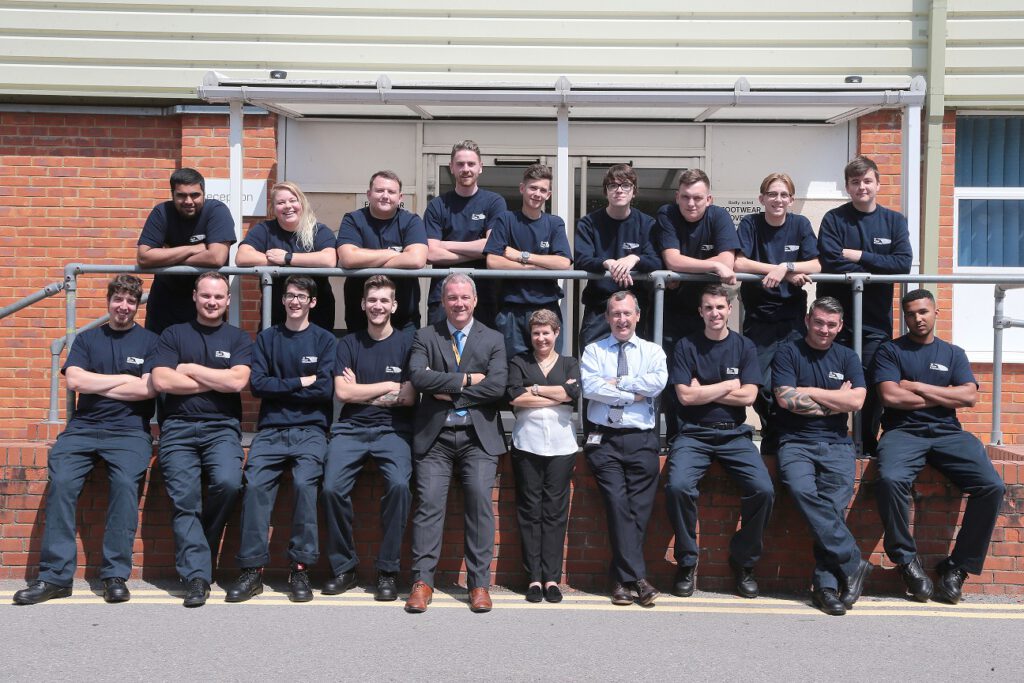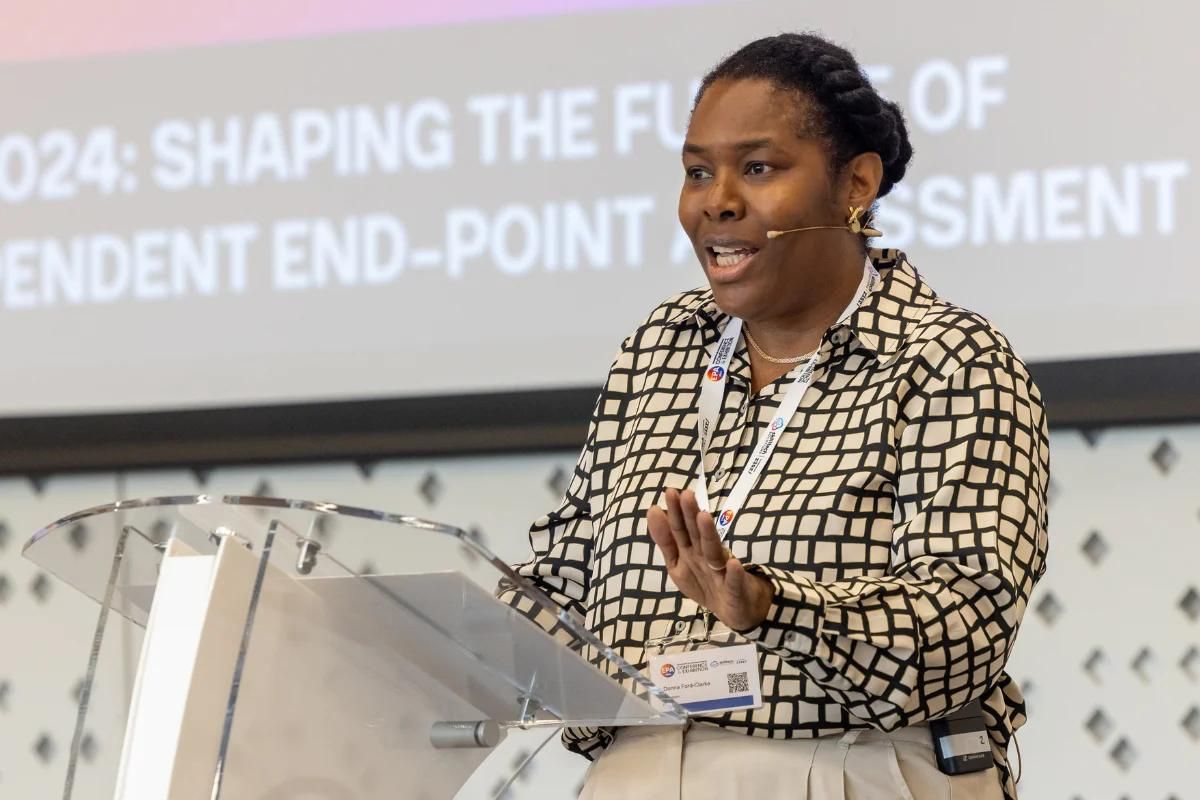Sixteen apprentices in pole position

Sixteen apprentices have put their careers in pole position, training to be electricity linespeople and cable jointers with Britain’s biggest power distribution company.
UK Power Networks’ new recruits will be expertly trained in the specialist skills that keep the lights on for local homes, schools, hospitals and businesses across the South East, London and East of England. The company delivers electricity to more than eight million customers.
The trainees will spend two to three years learning how to safely climb electricity poles, fix and connect overhead power lines and underground cables in an apprenticeship which follows rigorous standards and includes a qualification in electrical power engineering. Their core training and college work will be completed at the company’s dedicated training centres in Suffolk and Kent and they put their new skills into practice from depots in the South East and East of England.
There were over 1,100 applications for the company’s two apprenticeship schemes which will offer about 36 places this year. Upon qualification, they will keep the lights on in their local communities.
Apprentice linesperson Rebecca Larsen, who is 28, from Essex, was working for a security company when she first applied for the apprenticeship. Without relevant experience she wasn’t successful the first time, but she persevered. She said: “I had a ‘light-bulb moment’ and decided I would try again once I had gained relevant experience by training as an electrician. I completed a fast-track City and Guilds course at Barking and Dagenham College, which I finished a week before joining UK Power Networks. At one point I fitted three jobs around college, so I felt drained and don’t know how I did it, but it was worth the effort.
“The electricity industry is exciting and this an exciting company to work for. Without highly-skilled people doing the jobs that we will learn to do people wouldn’t be able to go about their daily lives. I will feel proud providing an important service to the community, keeping people warm and well.
“There is sometimes an assumption that girls want to be hairdressers, retailers or work in an office, but that is not the case if you have an engineering brain. When I was a kid I wanted to take things apart and put them back together. Women might not give themselves a chance to show what they can do so I would love to get more women interested in science and engineering.”
Steven Read, trainees’ programmes manager at UK Power Networks, said: “Ensuring that we have skilled crafts people working on our distribution network is key to ensure that our customers’ electricity supply is maintained. The recruitment and training of apprentices enable us to grow our skills base, which is important in our industry.
“Our chosen candidates should be proud of their success. It was a highly competitive process and we always look for a very specific type of person who will have the dedication and ability needed for these crucial roles.”
UK Power Networks currently has 90 apprentices completing training with the company.








Responses